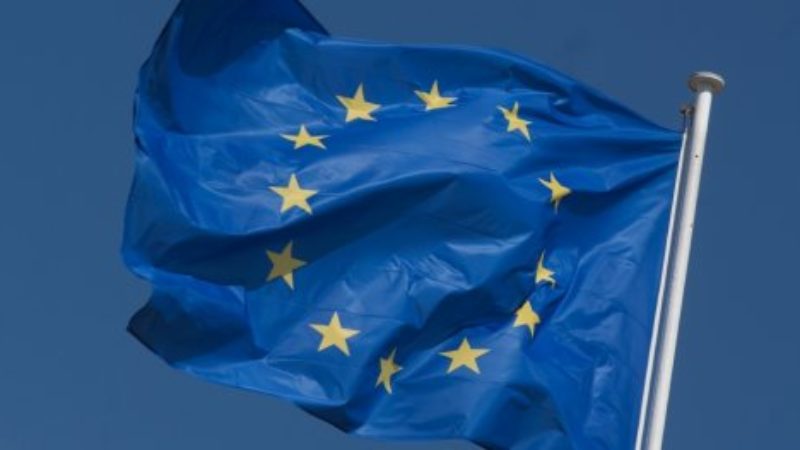
On Monday, I was disappointed to learn from the Bureau of the European Parliament that seven European political parties – all of the far-right, all extremists – had created a new political group. Called the “Alliance of European Nationalist Movements (AENM)”, their bland title hides a raw fact: the AENM will qualify for a reported €289,266 of EU taxpayers’ money.
That was no surprise. Amongst the usual Fascist suspects we find the British BNP, the French Front National and Hungary’s Jobbik. But where I was surprised is that such an act of outright Fascist defiance in the European Parliament has secured so little press time in the UK. Yes, the development has been covered. Sadly, it has not been analyzed.
Democracy in Europe is an implausible outcome. It is also precious. Before 1945, democracy in most individual European countries seemed very unlikely. Interwar Fascism was a powerful force, and liberation – even during most of the war – was never guaranteed. Likewise, after the conflict ended, the prospect of a democratic European Union looked equally implausible. Nowadays, despite economic and fiscal pressures unprecedented in the modern world, every European Member State is democratic, and each democracy a member of the EU. But to imagine that democracy in Europe is simply a fact, and that the 21st century will require no effort, is an illusion.
I do not refer here to the Eurozone crisis. Current media storms about the Euro are wrong. Speculators in various media and markets are mistaken to think that the Euro will fail – the currency is simply too important for that to happen. But they are also mistaken on another, more important count. The Euro currency’s problems is not the main threat to Europe’s harmonious future.
That is because the Euro is a tool, and European society the fabric. Tools can be changed and improved. But if the fabric is soiled, that’s it. And the far-right is threatening just this, the fabric of European democracy. We’re looking at maybe a three fix for the Euro, a task that’s tough but possible. But there’s a 20 plus year fight with the new far-right on our hands and no-one seems to be reporting it with the urgency required.
So what is the essential Fascist strategy now? From the European Parliament, often sitting just seats away, I can see how it’s a cunning paradigm shift: do not confront democracy as the object of Fascist ideas, but embrace it, rhetorically at least. The BNP are masters of this strategy. And they are making strong headway too. Having failed to form an alliance of far-right MEPs in the European Parliament, they have still managed both to work closely with the French Front National and form a part of this new pan-European political party.
That is what concerns me most. Fascism in the 1930s was easy to spot, uniforms, shouting, marching and symbols predominated. Now, however, the average Fascist is indistinguishable from a mid-ranking bank clerk. That is dangerous, especially during a long recession and even more so when their unacceptable views are to be promoted and financed by European taxpayers, potentially entering the mainstream of debate.
It is my sincere I hope that none of the other parties in the European Parliament work with this alliance of racists, extremists and neo-Nazis. But that’s not enough. There are also very strict rules about how this political funding can be spent, including respect for democracy and human rights, and I’ll personally be monitoring how these Fascists spend every penny of their funds as one very small contribution to confronting – and defeating – the strongest challenge from the European far-right in 70 years.
Claude Moraes is a Labour MEP for London




More from LabourList
Mainstream announce recommendations for NEC candidates
‘Africa must be the UK’s top foreign policy priority in 2026’
‘Standing up to power is not optional when politically uncomfortable. It’s essential’